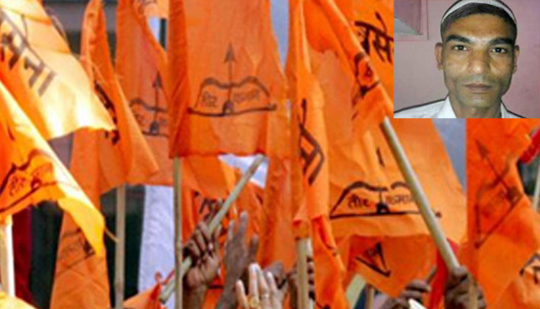Bengaluru, Apr 5: Opening of Karnataka's borders to Kerala at this point in time will be like "embracing death," chief minister B S Yediyurappa said on Saturday making clear his government's stand not opening the state border.
The chief minister repeatedly said that for his government interest of the people of the state was supreme.
Yediyurappa made his stand clear in a letter to former prime minister and JD(S) patriarch H D Deve Gowda.
Gowda had recently written to the chief minister on March 31 seeking relaxation of the border restrictions on "humanitarian" grounds.
He had also written to Kerala chief minister Pinarayi Vijayan expressing his anguish against Karnataka authorities for imposing restriction and promising to raise the matter with prime minister Narendra Modi.
Stating the decision to close the border was not sudden, Yediyurappa said, it was a conscious decision after analysing the health situation in the area following the spread of COVID-19.
The chief minister cited the Indian Medical Association, Mangaluru branch data regarding the spread of Covid-19 in Kasargod of Kerala and surrounding areas which was alarming.
Noting that the region has nearly 106 positive coronaviruscases, he said, "this is the region with most number of infections in the country."
If this restriction is removed, it puts the health of the people of Karnataka in to risk and create a situation of "embracing death", so we will not be able to open the border, Yediyurappa said.
He also clarified that there was no prejudice behind his government's decision, and the interest of the people of the state was of utmost importance.
"...There is also no political maliciousness. We want to have good and brotherly relationship with neighbouring states," he said, adding that opening the border will open a pandora's box that will be disastrous for the state.
Yediyurappa also thanked opposition parties for their support to his government in its fight against COVID-19.







Comments
Allhamdulillah May allah guide us & die in state of Imaan
you should be cautious of these people and make sure they do not indulge in terrorism and bring bad name to islam
Hahaha. this is an interesting story.
This man is heavily paid either by MIM leader Owaisi or Zakir Naik..
Pagination
Add new comment